There aren’t very many books that, when mentioned, immediately prompt a flurry of knowing glances. Lady Chatterley’s Lover is one. Story of O is another. In 2019, Three Women joined this exclusive pantheon.
Lisa Taddeo’s debut burrowed into the sex lives of an Indiana woman in the midst of an affair, a 17-year-old engaging in a relationship with her married high school English teacher, and a New England restaurateur whose husband likes to watch her have sex with other people. The work of literary nonfiction was an instant international phenomenon; it spent 11 weeks on The New York Times bestseller list. Taddeo has now turned the book into a series of the same title, which premieres on Starz on Sept.13.
As creator and executive producer, she oversaw the transition from page to screen and helped assemble an all-star cast that includes Shailene Woodley, Betty Gilpin, DeWanda Wise, Gabrielle Creevy, and Lola Kirke. Ahead of the show’s premiere, Taddeo sat down with Woodley—the Emmy– and Golden Globe–nominated actress who plays a Taddeo stand-in on the show—to discuss the origins of their friendship, how art helps them feel less alone, and what advice they wish they could impart upon their younger selves.
Lisa Taddeo: When we first met, the connection was instant. Obviously I knew who you were and had seen your work, but meeting you, I was like, “I love this person.” I don’t normally feel that way—you know that about me by now.
Shailene Woodley: You don’t normally like people.
Taddeo: Exactly. [Laughs] But you I liked right away. I was like, Oh my god, this is a real person.
Woodley: I remember thinking the same thing. There are a lot of stories being made in Hollywood right now that are female-focused. A lot of conversations happen that I feel are very cerebral, or not from the heart. In our first meeting, I was like, “This woman speaks so honestly and truthfully about subjects like desire and sex and intimacy.” It felt like you were my long-lost sister.
Taddeo: So many projects now speak about women’s issues. Even the term “women’s issues” sounds like a canned product. Oftentimes, I think people don’t hold it to the standard they should.
Woodley: When I was growing up, Anaïs Nin was my hero. There was something about the way she talked about sex and desire in her writing that I loved—I felt the same presence in our first conversation. It was so different from the conversations I often have in the U.S. when it comes to these subjects.
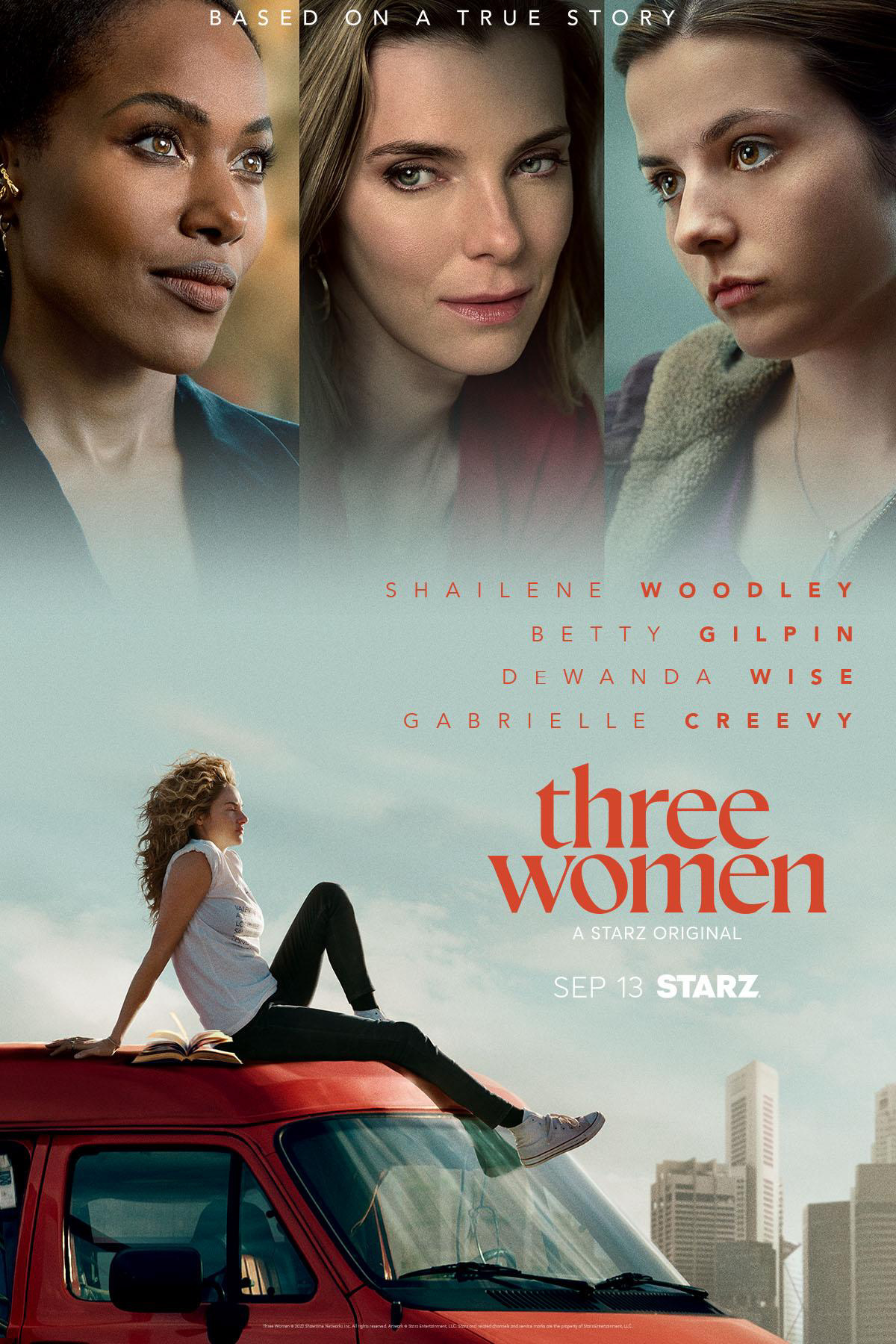
Taddeo: I find that American women generally aren’t as open and honest with each other about their experiences as women in other cultures. Honesty doesn’t diminish your power—it amplifies it.
Woodley: Isn’t that just the truth? Why are we so conditioned not to be honest? Honesty makes things so much easier and quicker. As a writer, you are so truthful. You never shy away from exploring the full range of human nature in your writing, whether it be full of light or full of shadow.
Taddeo: I like that you say “shadow,” because that’s really what it is—the other side of light. I think we talked about this a while back, but A Little Life by Hanya Yanagihara got so much kickback because it was too dark. To me, it’s life. You can say, “It’s too dark, I don’t want to see it,” and that’s totally cool, but saying that it’s “too much,” that it shouldn’t exist—well, then tell it not to exist in life.
That’s the power of storytelling: being able to take something that’s happened to you—whether good or bad, but let’s say it’s bad—and being able to share it with the world and tell your side. Sometimes, when I’m down on publishing or Hollywood or any industry that I’m involved in, I come back to that idea—that it’s a gift to be able to tell one’s story or someone else’s story. It’s what makes me get up in the morning, essentially. I’m like, Okay, so this happened. What is the story? How do I tell this so that I don’t just suffer from it?
Woodley: It makes things less lonely.
Taddeo: Exactly. Ever since I’ve dealt with my own bouts of intense loneliness, making people feel less lonely is almost like an obsession for me.
Woodley: You’re so good at it. You are so extraordinary in the way that you show up and have the backs of the people who are in your life. I wish everyone could have a cheerleader the way that you’ve been for me, and for other people that I’ve seen you support. You have a really uncanny ability to see people, I think, through that lens of story. Because I feel so seen by you, there is this immediate exhale of, like, Oh, I’m a little less alone in the world, because at least she’s feeling as deeply as I am—whether it’s suffering or joy.
Taddeo: Whatever it is, it’s deep. I just don’t have time for surface-level conversations. I’m busy. Emotionally, I just don’t have the capacity.
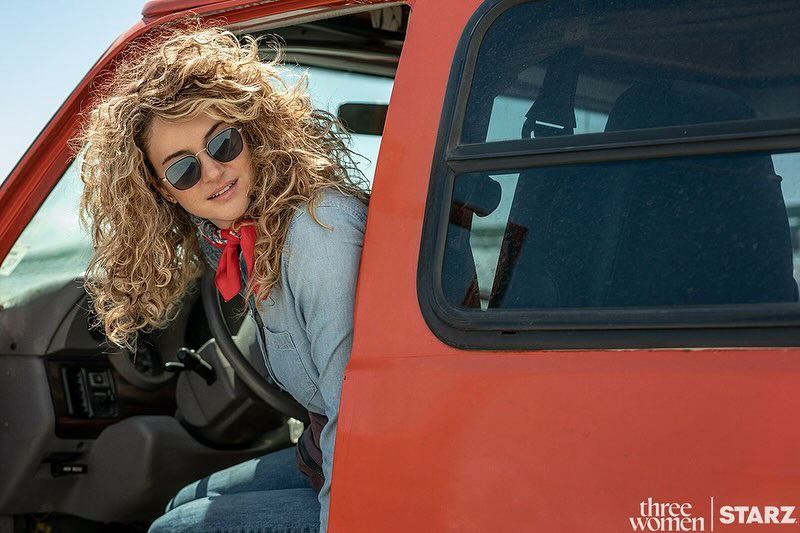
Woodley: You are also great at having those nuanced conversations around sex. How do you think the show contributes to the greater cultural conversation around women and intimacy right now?
Taddeo: We are still living under this patriarchal hangover and will be for many years to come. It was important to us that the intimacy on the show accurately reflects a woman’s view of sex—not just during, but before and after as well. Claire Warden, our intimacy coordinator, was such a huge presence. Together, I think we really contributed to how female sexuality looks on television. A friend saw one of the episodes involving sex during menstruation and was like, “Oh my god, how come I haven’t seen that on screen before?
Woodley: It normalizes sex, which is beautiful because—when there’s comfort and safety in it—it’s wonderful and pleasurable and inspiring and creative. When I read this [script], I was excited that it takes something so animalistic and innate to human nature and makes it normal, instead of scary. That is unfortunately what so many women experience when it comes to sexual energy and connection to our bodies.
Taddeo: There’s nothing more exciting to me than when someone says, “Oh my gosh, that’s exactly how I feel.” When you’re in a shitty situation, literally the only thing that can make it better is for someone to tell you, “I’ve been there.” I think James Baldwin said something like, “You think your pain and your heartbreak are unprecedented in the history of the world, but then you read.” To me, art—at least 80 percent of it—should be there to make you feel less alone.
Woodley: Filming this show made me feel less alone. I think people will feel that way watching it, too. Is there anything you would have shared with your younger self—during the process of meeting all these women, interviewing them, writing Three Women, and then writing the show—to make your life a little bit softer? I get annoyed when people ask me that question, but now I’m asking you. [Laughs]
Taddeo: It’s a good question! I really like the “let them” idea. Like, if someone is not going to call you back, let them. Let them. I would try to get myself to understand that earlier. I would tell myself, Let them not call, let them call, let them do whatever. Just see what happens. What would you tell your younger self?
Woodley: Honestly, probably the same thing. It’s so much easier if we just let things happen, like you say. Then your people become your people, and your life becomes your life.


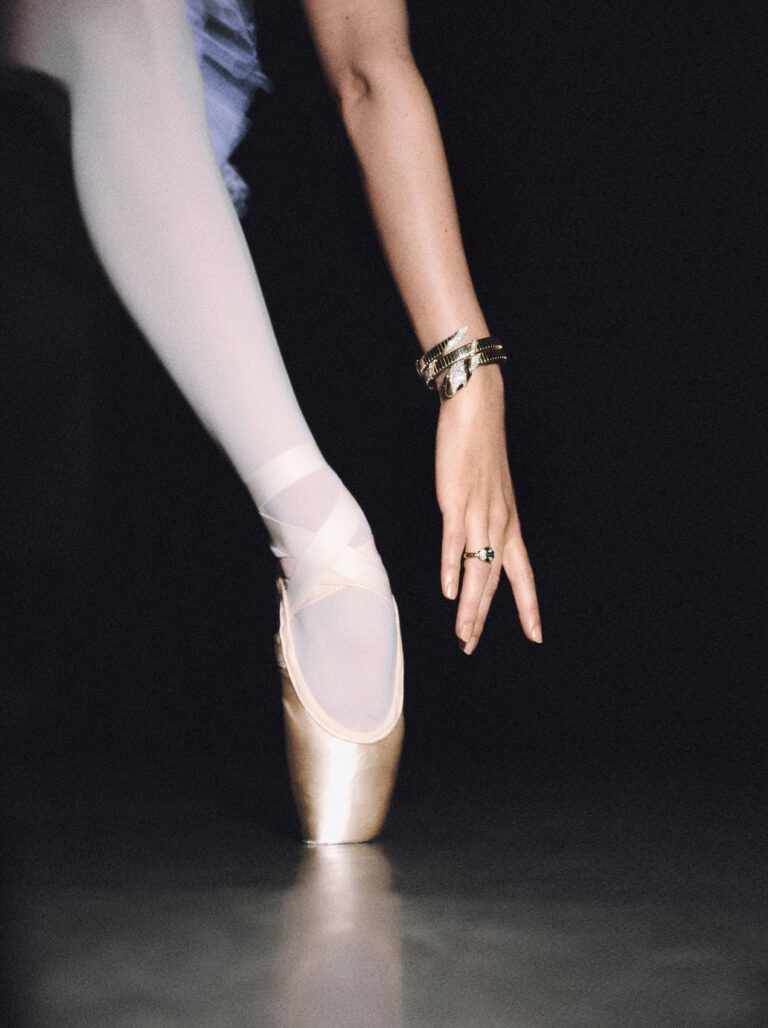
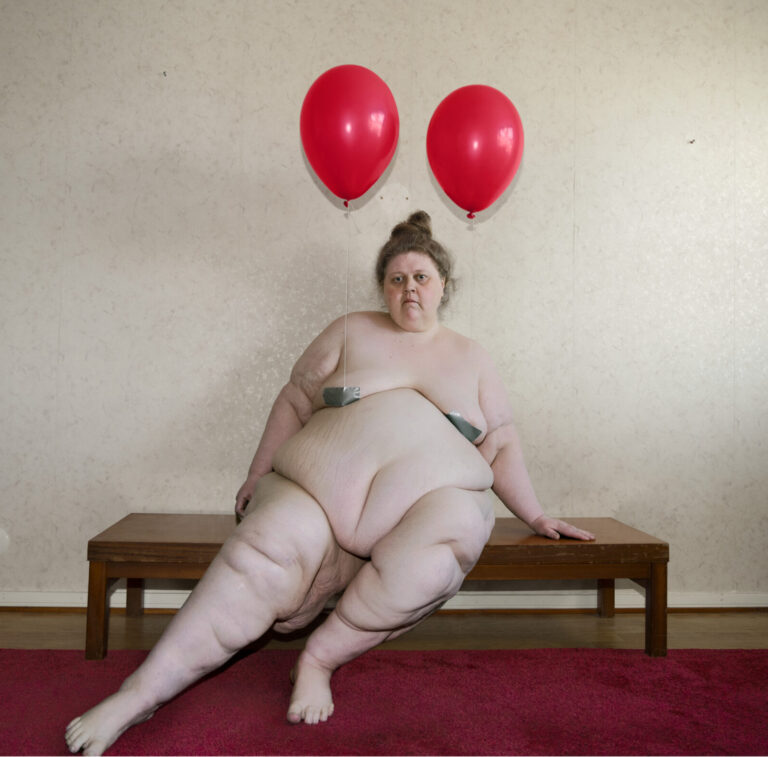

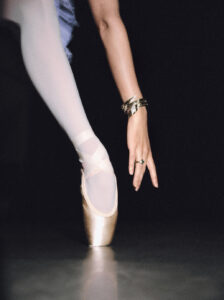
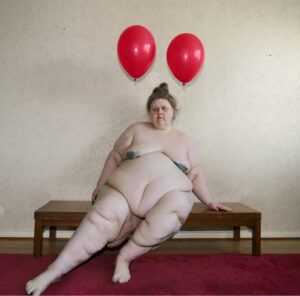



 in your life?
in your life?

